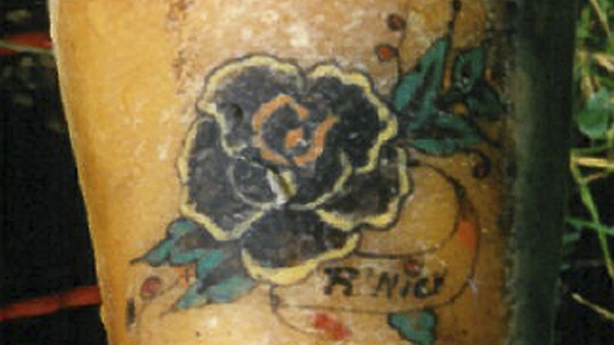European police have launched an international appeal for help to identify 22 women whose bodies were found in Germany, Belgium and the Netherlands over a period of 43 years.
Most of them met violent deaths - some were dismembered, showed signs of abuse or starvation.
The most recent discovery was made in 2019.
The women's unknown identities is frustrating detectives’ hunts for their killers.
Police launched Operation Identify Me today - an international appeal with Interpol - seeking the public’s help to identify the women.
The oldest of the cold cases dates back to 1976. Her body was found along the A12 highway in the Netherlands. She is believed to have been aged between 13 and 20 when she died.
Interpol, the international police liaison organisation based in France, distributed black-and-white facial reconstructions of some of the victims.
In a statement that quoted Dutch, German and Belgian police, Interpol said some of the women were believed to have come from eastern Europe and that their bodies were possibly left in Belgium, the Netherlands and Germany to confuse investigations.
"Most of the 22 victims died violently, and some were also abused or starved before they died," Dutch police said.

Detectives hope that learning their names might also provide evidence about possible offenders and allow them to establish whether any of the cases were linked.
"In similar investigations, establishing the victim's identity ultimately has led to the arrest of a suspect," Anja Allendorf, from the German police, said.
Interpol is making details about each case public on its website, with police forces across its 195 member countries being asked to seek information to help identify the women.
As well as facial reconstructions of some of the women, it also includes images of jewellery and other items found with their remains, and contact forms for people who may have any information about the cases.
'Somebody somewhere is missing that person still'
Susan Hitchin, who coordinates Interpol's DNA unit, said identifying the women could help bring closure to their family members.
"It’s horrendous to go all these years without having any news, not knowing what’s happened. And however dreadful it may be to get that confirmation that their loved one has died, it is part of an important process in order to grieve and to move forward.
"Hopefully a member of the public will able to bring some new elements that the police can use that will ultimately provide the identity to these victims and ideally help lead to the perpetrator, if there is one."
A former garda detective sergeant who coordinated Operation Trace, said families of those missing loved ones should try to get their DNA onto Interpol and international databases.
Alan Bailey, who has now retired, said it is important that this appeal to identify the women is international one: "It's vitally important nowadays with travel... Operation Trace, something we advocated at the time was that families of missing persons should always go into the garda stations to ensure that familial DNA samples have been taken and are available on file."
Mr Bailey said that in some cases the bodies of these women may have been disposed of in other countries, particularly on continental Europe, as their killers sought to avoid detection.
"It’s sad to think of somebody lying for some fifty years nearly now, and somebody somewhere is missing that person still."
He said he expected the gardaí would be looking at this appeal from Interpol and he believes the social media appeal could have some impact across Europe.
Additional reporting Eleanor Burnhill

